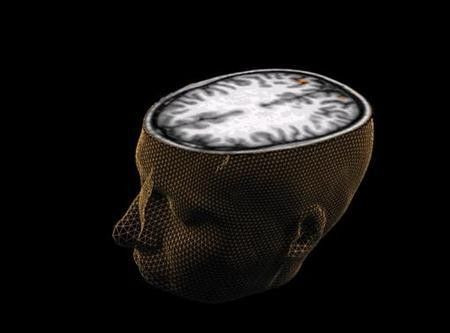Study: Gene-based ‘biological age’ gauges health better, may predict Alzheimer’s

A new study reveals that a simple blood test can determine an individual’s biological age, which is a better measure for determining one’s health and may even predict the onset of diseases. Researchers say that biological age, based on the vitality of certain genes, should be able to change the way age is used to make medical decisions. This includes identifying those more likely to be at risk of Alzheimer’s or those in the early stages of a brain disease.
“We use birth year, or chronological age, to judge everything from insurance premiums to whether you get a medical procedure or not. Most people accept that all 60-year-olds are not the same, but there has been no reliable test for underlying biological age,” said James Timmons, a professor of precision medicine at King's College in London and the lead author of the study, as quoted by The Independent.
In the study, published in the journal Genome Biology, the researchers used genetic material from healthy 65-year-olds, looking for genes that indicated the participants were staying healthy as they aged. They have discovered 150 genes which they used to calculate a person's “healthy age gene score.” The researchers then conducted the same method with a separate group of participants, all of whom were 70 years old, to verify that these scores track with people's health.
Through the analysis, which measured the levels of RNA, the scientists found that higher scores were linked to better health, including better cognitive health. They also learned that patients diagnosed with Alzheimer's disease had lower healthy age gene scores. “This provides strong evidence that dementia in humans could be called a type of ‘accelerated aging’ or ‘failure to activate the healthy aging programme,’” Timmons shared.
Apart from the possibility of applying the test to other mental conditions such as dementia, the researchers hope to use it in assessing the suitability of organs donated by elderly donors for transplant operations. Timmons says this can help in evaluating the risk of organ failure once it has been transferred to a recipient.
“For kidney transplantation, older organs are being used more and more, and the older the donor the more likely the transplantation will fail and it would be valuable to know the biological age of the organ before using it,” Timmons explained. Through the test, elderly people who have a young biological age may also be deemed qualified for organ donation if they die of other causes, such as traffic accidents, he adds.
Contact the writer at feedback@ibtimes.com.au or tell us what you think below.




















